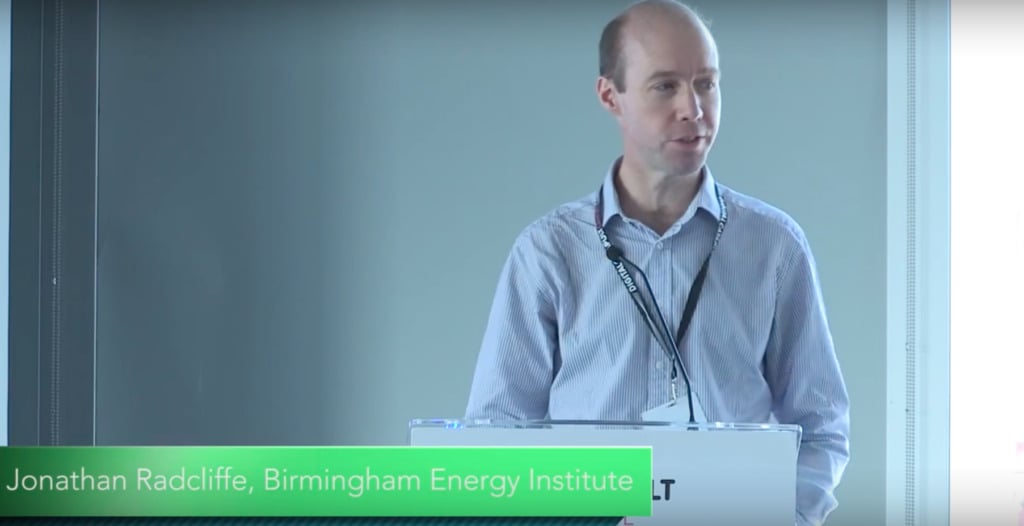To mark the launch of a crowdfunding drive, British residential energy storage company Moixa Technology hosted “The potential for UK storage and grid aggregation”, a series of presentations and a panel discussion with experts on topics including EV charging and the Internet of Things.
In a short presentation at the London event, academic Jonathan Radcliffe of the University of Birmingham talks through some of the benefits – and barriers – to storage in the UK, as well as the wider implications for adding flexibility to electricity networks with batteries and related technologies.
Market momentum
Moixa has set itself a target of £875,000 from its funding round, which will be used to scale the company’s production of its Maslow energy storage system. The devices are currently installed at 250 UK sites through a government-awarded pilot which will also test their capabilities when aggregated to form larger systems, which Moixa describes as a kind of “virtual pumped hydro”. The company says that now “market momentum is picking up” it is seeking to “aggressively grow revenues”.
Moixa has set lofty ambitions for its future performance, targeting £250 million in storage-related sales and £1 billion in utility-related revenue by 2020.
On Thursday, Moixa chief technology officer Chris Wright explained the funding drive – and the market the company seeks to address – further.
“There is a growing consensus that gigawatt hours of storage will be needed on the UK grid to deal with the growing proportion of intermittent renewable generation,” Wright told Next Energy News.
“We have designed Maslow to be simple to install in one to two hours next to the meter in peoples’ homes, which allows us to scale fast – we plan to be in millions of homes by 2020, and are working with install contractors who put Sky (UK cable television provider) in 15 million homes in 10 years!”
A report emerged this week from the UK’s electrical infrastructure network, the National Grid, which highlighted the “significant” potential of energy storage as a flexibility resource. The report stated however that policy changes remain that need to be overcome before this potential can be realised.
Wright described Maslow as a “smart connected technology” and “Internet of Things device”, meaning it can be “part of the solution to the problems that we are seeing growing on the UK grid”.
“It can act on behalf of the home owner to participate in grid level energy services, creating an additional revenue stream for them and helping to solve the UK’s energy problems,” Wright said.






